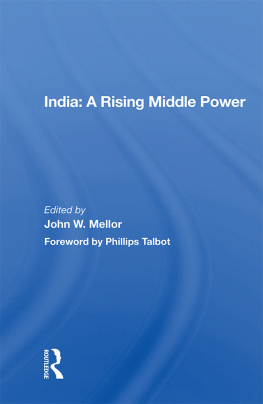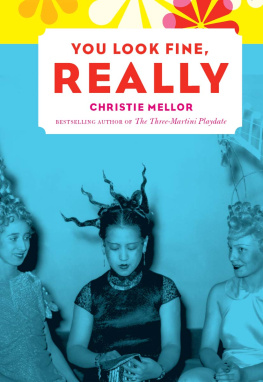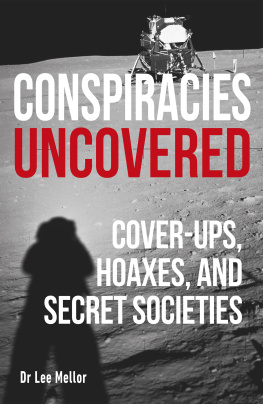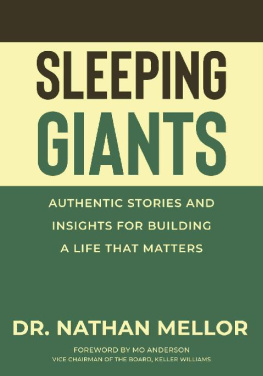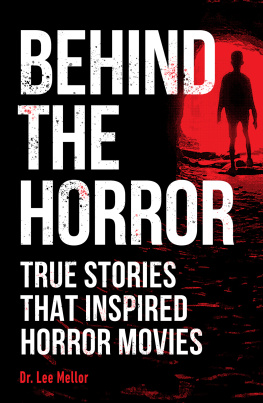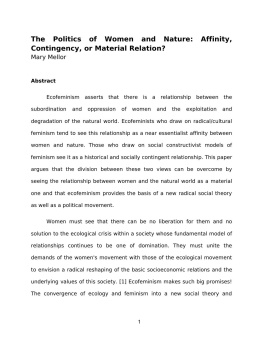Theory, Culture & Society
Theory, Culture & Society caters for the resurgence of interest in culture within contemporary social science and the humanities. Building on the http://thenarrowboatpub.com/ch this tradition has been reshaped by a new generation of theorists. It also publishes theoretically informed analyses of everyday life, popular culture, and new social and intellectual movements.
EDITOR: Mike Featherstone, Goldsmiths College, University of London
SERIES EDITORIAL BOARD
Roy Boyne, University of Durham
Nicholas Gane, University of Warwick
Scott Lash, Goldsmiths College, University of London
Couze Venn, Goldsmiths College, University of London
The Theory, Culture & Society book series, the journals Theory, Culture & Society and Body & Society, and related conference, seminar and postgraduate programmes now operate from the Department of Sociology at Goldsmiths College, University of London. For further details of the TCS Centres activities please contact:
Theory, Culture & Society
Department of Sociology Goldsmiths, University of London Floors 811 Warmington Tower New Cross, London SE14 6NW, UK
e-mail:
web: www.theoryculturesociety.org
Recent volumes include:
Cosmopolitanism
Zlatko Skrbis and Ian Woodward
The Body and Social Theory 3e
Chris Shilling
Immaterial Bodies
Lisa Blackman
French Post-War Social Theory
Derek Robbins
The Domestic Economy of The Soul
John ONeill
SAGE Publications Ltd
1 Olivers Yard
55 City Road
London EC1Y 1SP
SAGE Publications Inc.
2455 Teller Road
Thousand Oaks, California 91320
SAGE Publications India Pvt Ltd
B 1/I 1 Mohan Cooperative Industrial Area
Mathura Road
New Delhi 110 044
SAGE Publications Asia-Pacific Pte Ltd
3 Church Street
#10-04 Samsung Hub
Singapore 049483
Philip A. Mellor and Chris Shilling 2014
First published 2014
Apart from any fair dealing for the purposes of research or private study, or criticism or review, as permitted under the Copyright, Designs and Patents Act, 1988, this publication may be reproduced, stored or transmitted in any form, or by any means, only with the prior permission in writing of the publishers, or in the case of reprographic reproduction, in accordance with the terms of licences issued by the Copyright Licensing Agency. Enquiries concerning reproduction outside those terms should be sent to the publishers.
Library of Congress Control Number: 2013957371
British Library Cataloguing in Publication data
A catalogue record for this book is available from the British Library
ISBN 978-1-4462-7223-7
Editor: Mila Steele
Assistant editor: James Piper
Production editor: Imogen Roome
Copyeditor: Kate Harrison
Proofreader: Leigh C. Timmins
Indexer: Debbie Shilling
Marketing manager: Michael Ainsley
Cover design: Wendy Scott
Typeset by: C&M Digitals (P) Ltd, Chennai, India
Printed in India at Replika Press Pvt Ltd
Introduction
This book explores the relationship between religion and secularization in the contemporary global era. In so doing, it seeks to advance sociological debates about how an increasing range of phenomena have come to be constructed and experienced as sacred, or extraordinary, and thereby contain the potential to shape social action in significant ways. These debates characteristically treat the category of the sacred as unitary, typically reflecting religious or quasi-religious processes. In contrast, we argue that there exist distinct, competing and interacting modalities of the sacred; a position attentive to the existence of this-worldly (secular) as well as the other-worldly (religious) manifestations of objects, relationships and ideas that are set apart from the mundane. Introducing what we identify as socio-religious, transcendent, bio-political and bio-economic modalities of the sacred, we seek to re-structure discussions of secularization by focusing on the variable capacities of these very different extraordinary forces to enframe and shape peoples embodied experiences. These modalities are especially important for our concerns because of their implications for the corporeal and cognitive terrain on which forms of religious habitus are nurtured or impeded, and it is the future of these forms of habitus that remain vital for, yet are marginalized within, recent debates about secularization and the revitalization of religion.
In broad terms, these debates about religion and secularization appear for many to have been settled. Most recent analysts agree that there has, during the last few decades, been a global resurgence of particular religions, as well as a growth in social and cultural phenomena designated sacred. It is now common, indeed, to regard previously influential sociological models of secularization as fundamentally mistaken, with visions of a post-secular age promoted as preferable bases from which to assess these issues (e.g. Berger, 1999; Habermas, 2008, 2010). Opposing this growing consensus, we suggest that processes of secularization remain central to the extraordinary power and status accorded to bio-economic and bio-political forces affecting the world today.1 Before developing this argument, though, it is necessary to disentangle the claims and analytical conflations characteristic of discussions in this area in order to show why they are problematic.
Secularization is commonly understood in existing debates as a process of change wherein the expanding scope and importance of non-religious aspects of social and cultural life marginalize both religion and the sacred. Conversely, de-secularization is frequently depicted as a reassertion of the significance of religion and the sacred relative to the secular (Demerath, 2000, 2007). The problem with such conceptions, however, is not only that the sacred is assumed always to be in opposition to the secular, but also that it is regularly conflated with religion. Insofar as religion is distinguished from the sacred, it tends to be seen as a particular institutional form of, or pattern of regulation relative to, experiences, beliefs, objects and practices that have an extraordinary character. Within this formulation, there is no space for recognizing that the sacred can assume secular as well as religious or quasi-religious manifestations.







